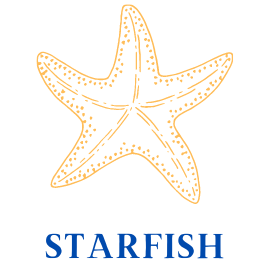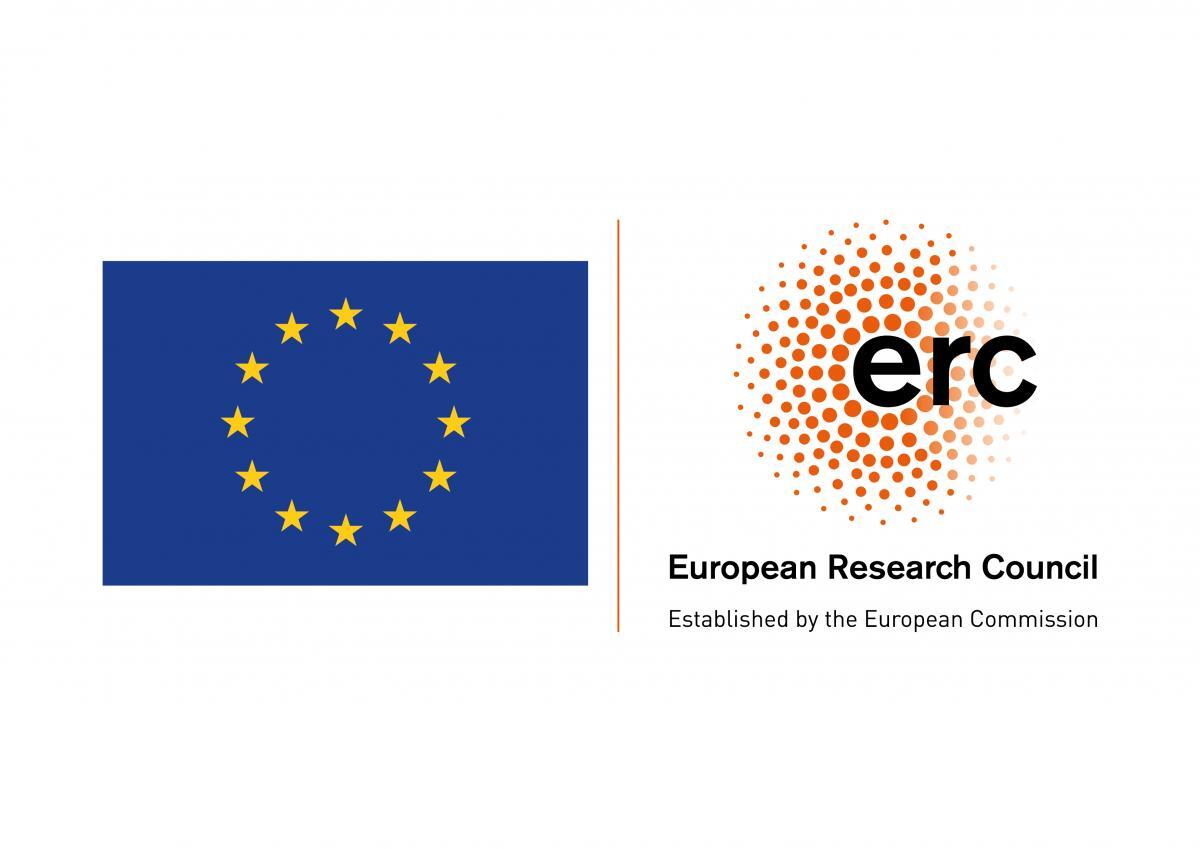
The project STARFISH (Sociolinguistic Typology and Responsive Features in Syntactic History) is funded by a European Research Council Starting Grant of €1.5 million to George Walkden for 5 years from 2020.
The aim of the project is to find out whether adult second-language acquisition can lead to changes in the syntax of a language in historical time. In particular, we're interested in whether there are syntactic features that are particularly favoured or disfavoured in languages historically characterized by a high proportion of adult second-language acquirers independently of what their first language is, and - if so - what these "responsive" features are.
The project takes as a starting point Peter Trudgill's theory of sociolinguistic typology, in particular the idea that different language contact scenarios favour different types of change, in conjunction with the Interpretability Hypothesis of Ianthi Maria Tsimpli and colleagues, which states that uninterpretable syntactic features pose a particular challenge to adult second-language acquirers. Our mission is to investigate these ideas in the domain of diachronic syntax using evidence from historical corpora.
You can find out more about the project in the press release. These ideas are presented more extensively in Walkden & Breitbarth's (2019) programmatic article Complexity as L2-difficulty: implications for syntactic change.

